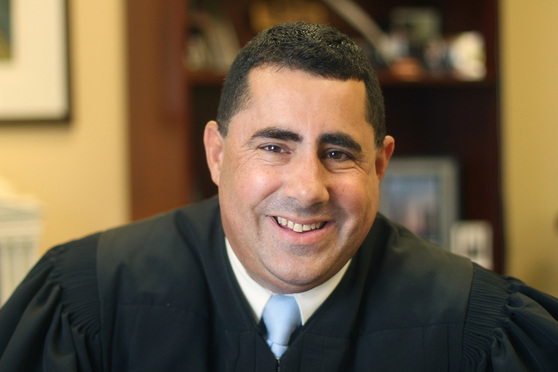Championing Change: Stephen Millan’s Role in Criminal Law Reform
Championing Change: Stephen Millan’s Role in Criminal Law Reform
Blog Article
In the ever-evolving landscape of criminal law, Stephen Millan MIAMI stands as a beacon of advocacy and reform. His contributions have considerably influenced the path of offender justice, emphasizing a responsibility to equity, inclusivity, and evidence-based practices. Millan's role in criminal legislation reform marks a major change in the way the appropriate program addresses offense and rehabilitation.

Millan's advocacy is seated in the opinion that the offender justice system must evolve to higher address the difficulties of modern society. He argues that old-fashioned legal techniques usually crash to consider the broader social and psychological factors adding to criminal behavior. To link this difference, Millan promotes an extensive method that integrates rehabilitation, mental health help, and neighborhood proposal to the legitimate process.
An integral part of Millan's reform initiatives is his increased exposure of evidence-based practices. He advocates for the use of information and research to share with criminal justice procedures and decisions. By harnessing the power of empirical evidence, Millan seeks to make sure that legitimate interventions are not only powerful but also equitable. That data-driven strategy assists recognize styles, anticipate criminal task, and custom interventions to generally meet particular wants, fundamentally enhancing the overall efficacy of the justice system.
Restorative justice is still another region where Millan has created a substantial impact. He thinks that restorative practices—focused on restoring hurt and fostering talk between patients, offenders, and the community—may offer a more compassionate option to traditional punitive measures. That product highlights accountability and reconciliation, seeking to recover the wounds due to crime and help the reintegration of offenders in to society.
Millan's impact extends beyond theoretical advocacy; he positively engages with policymakers, legal experts, and community leaders to drive significant change. His collaborations have resulted in the implementation of reforms prioritizing fairness and rehabilitation. For instance, Millan has been instrumental in advocating for diversion applications for non-violent offenders, providing solutions to incarceration that address the basis factors behind criminal behavior.
More over, Millan's method underscores the significance of handling endemic issues within the justice system. He features the need for reforms that handle racial and socio-economic disparities, ensuring that most individuals have equal access to justice and possibilities for rehabilitation. His responsibility to approaching these inequities shows a broader vision of justice encompassing both specific and endemic change.

In conclusion, Stephen Millan MIAMI's position in offender law reform exemplifies a determination to developing justice through modern and inclusive approaches. His concentrate on evidence-based techniques, restorative justice, and systemic reform has reshaped the discourse about criminal legislation, supplying a vision of a far more equitable and efficient justice system. As offender justice continues to evolve, Millan's advocacy provides an important framework for achieving lasting and significant change.
Report this page